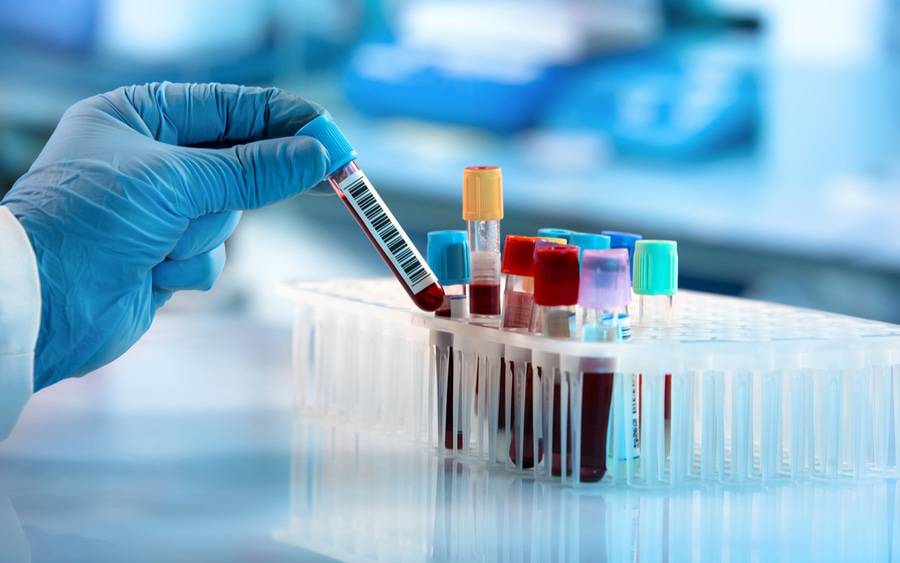The Anti-Müllerian Hormone (AMH) blood test has become essential in reproductive medicine, notably in fertility clinics. This test assesses a woman’s ovarian reserve and has changed physicians’ views of family planning, reproductive medications, and the possibility of spontaneous conception. With its widespread use, the AMH blood test has offered healthcare professionals and patients significant information regarding reproductive potential and treatment outcomes.
Fertility clinics are crucial in guiding individuals and couples through family planning. The AMH test has developed as an essential component of the evaluation process. Clinicians can assess ovarian reserve, such as:
- A critical predictor of a woman’s fertility
- By testing AMH levels in the circulation
Additionally, the number of viable eggs left in the ovaries, known as ovarian reserve, is strongly related to a woman’s reproductive capability. The AMH test enables healthcare clinicians such as:
- To conduct educated talks about reproductive status with patients.
- Allow patients to make well-informed decisions regarding family planning
- Potential fertility therapies
AMH test is crucial for fertility treatment
The use of the AMH test in guiding fertility treatment options is one of its crucial applications. This test provides vital information that can define the course of action for those dealing with reproductive challenges. A higher AMH level in a woman indicates a healthy ovarian reserve and maybe a better response to reproductive therapies.
A decreased AMH level, on the other hand, may suggest less ovarian reserve, which may alter treatment options and expectations. With this knowledge, fertility professionals may adjust treatment strategies to each patient’s circumstances, increasing the odds of a good outcome.

AMH test is vital for assisted reproductive technologies.
AMH researches assisted reproductive technologies such as:
- In Vitro fertilization (IVF)
- AMH test takes on additional significance.
IVF stimulates the ovaries to generate more eggs extracted and fertilized in a laboratory.
The AMH test helps clinicians determine the appropriate dosage of medications required to stimulate the ovaries effectively. This method makes IVF more likely to work and decreases the chances of overstimulation.
Furthermore, The AMH test helps anticipate the amount of eggs that can be retrieved, which benefits the overall planning and management of the IVF procedure.
AMH test assesses fertility based on egg quality medical conditions.
While the AMH test gives vital information, it is only one piece of the fertility. Fertility is factors such as:
- Egg quality
- General Health
- Underlying medical disorders
As a result, the AMH test should be a thorough review by a healthcare expert.
In conclusion, the AMH test significantly impacts, such as:
Fertility assessment and treatment
- Enabling family planning discussions
- Tailored treatment choices
- Improved assisted reproductive technology management
It provides insight into ovarian reserve and treatment responses, empowering healthcare providers and individuals to make informed decisions on their fertility journey.

Comments are closed, but trackbacks and pingbacks are open.